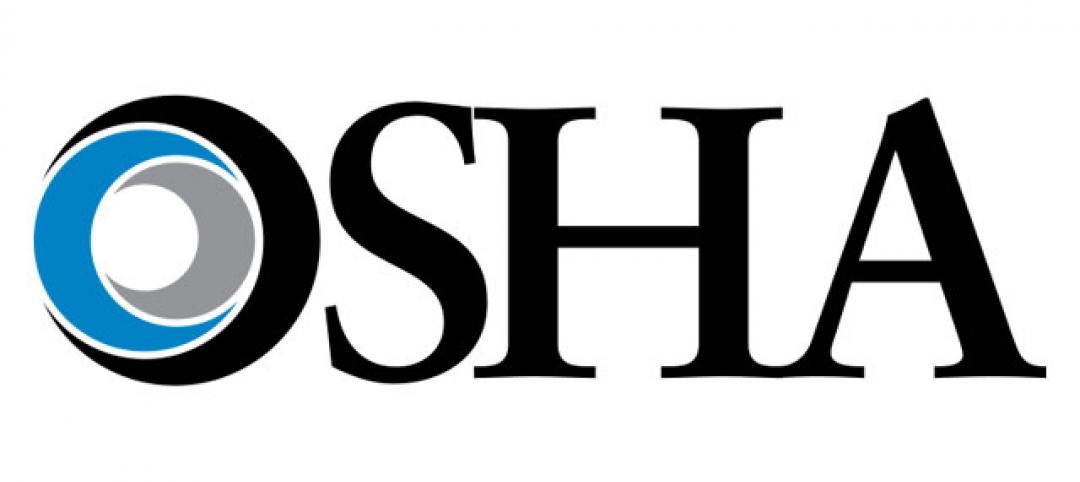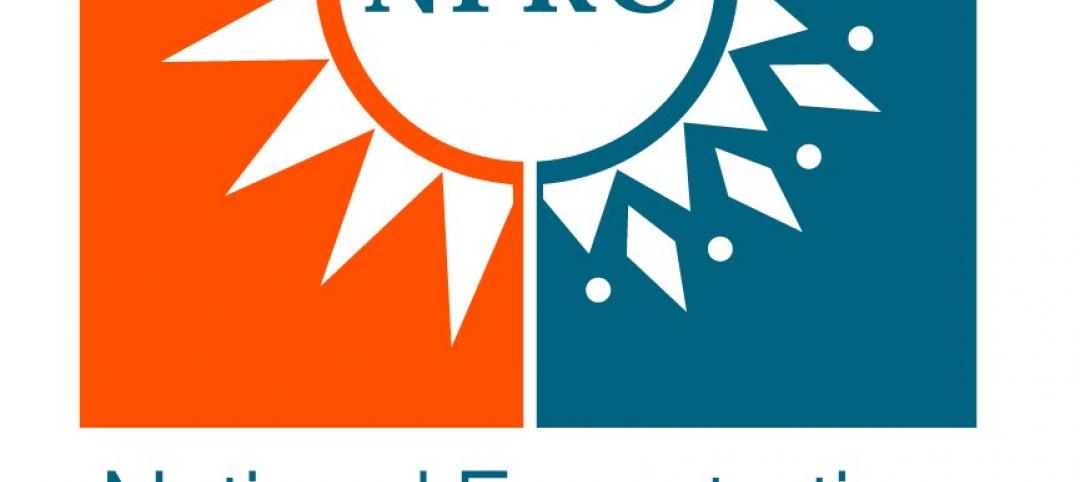The Construction Specifications Institute (CSI) recently released CROSSWALK, a tool that enables construction technology platforms to connect through an Application Programming Interface (API).
The API connects to and curates versions of CSI’s MasterFormat, Uniformat, and OmniClass construction information classifications and standards that span decades. “Designed to be used by software providers, government agencies, information providers, academic institutions, BIM object developers, and research organizations, CROSSWALK is the digital classification engine for the architecture, engineering, construction, and owner community,” according to a CSI news release.
“The launch of CROSSWALK is a giant leap forward in improving industry productivity,” said CSI CEO, Mark Dorsey, FASAE, CAE. “The construction industry has made strides moving from paper documents to digital workflows, however project workflow is often fractured by tools which are incompatible and inefficient, requiring multiple entries of information, file transfers, and improvised solutions that create error, inefficiency, and expense. CROSSWALK addresses these challenges.”
CROSSWALK has the potential to do more, CSI says. For example, the tool can support Augmented Design through Artificial Intelligence (AI) to deploy machine learning techniques and anonymized data to create software wizards, crowd sourcing, and reference data. Blockchain technology could be used in the future for identity, confidentiality, version control, as well as chain-of-custody, and payment services.
Related Stories
| Dec 12, 2011
Philadelphia Mayor Signs Order for Project Labor Agreements
Philadelphia Mayor Michael Nutter signed an executive order establishing project labor agreements for major public works projects in Philadelphia.
| Dec 12, 2011
Improved Code Requirements for Attic Ventilation
The International Code Council (ICC) recently published the 2012 International Residential Code (IRC) that includes improved code requirements for balanced intake and exhaust for ventilated attics.
| Dec 12, 2011
DOE makes 2010 ASHRAE energy standard the reference for state energy codes
The U.S. Department of Energy (DOE) issued a ruling that establishes the 2010 American Society of Heating, Refrigerating and Air-Conditioning Engineers’ (ASHRAE’s) 2010 energy efficiency standard as the commercial building reference standard for state building energy codes.
| Dec 1, 2011
Chinese cabinet approves regulation to prevent fraud in construction bidding
China’s State Council approved a regulation to standardize bidding processes for construction and other business-related projects in order to prevent fraud and misconduct.
| Dec 1, 2011
More stringent efficiency codes driving growth in green building industry
Thanks partly to upgraded building codes, the building energy efficiency market will soar more than 50% between now and 2017 to $103.5 billion, according to Pike Research.
| Dec 1, 2011
Safety tracking tool helping prevent injuries at World Trade Center site
Since putting in place their Safety Management Systems Tracking Tool three years ago, risk managers for the World Trade Center project in New York say they've seen workplace injuries, reported hazards, and workers compensation claims decline.
| Dec 1, 2011
OSHA releases new construction safety videos
OSHA released new safety videos to offer both employers and workers brief, easy-to-understand education about construction safety.
| Dec 1, 2011
GSA Region 5 BIM standards could set national agenda in government contracting
Learning how the GSA wants to work with contractors using Building Information Models (BIM) will dramatically improve your odds of winning federal work.
| Nov 23, 2011
Fenestration council seeks committee members
The National Fenestration Rating Council (NFRC) is seeking members for a committee to pursue recognition of its ratings procedures from the American National Standard Institute (ANSI).
| Nov 23, 2011
Obama signs repeal of 3% withholding on government contracts
President Obama signed a bill that repeals a law requiring governments to withhold 3% of payments over $10,000 to contractors.















